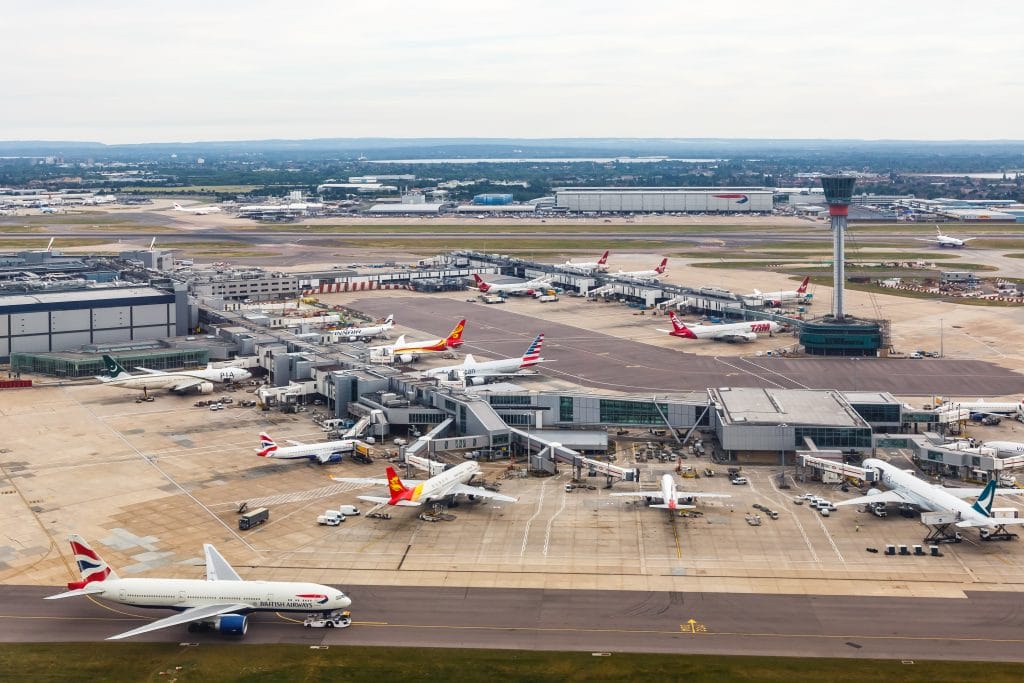
The world’s airlines are on track to lose a total of $157 billion throughout 2020 and 2021 as global COVID cases continue to surge, according to the IATA.
The International Air Transport Association has downgraded its industry outlook since June, when it had forecast $100 billion in losses across the two-year period.
Now, the association is projecting a $118.5 billion deficit across the industry in 2020 alone, with a further $38.7 billion loss predicted for 2021.
The bleaker outlook has come as a result of second and third wave COVID infections spreading throughout regions of the world, and stands despite recent news of successful vaccine trials that could be rolled out into the public by next year.
“The positive impact [a vaccine] will have on the economy and air traffic will not happen massively before mid-2021,” IATA director general Alexandre de Juniac said.
Current IATA estimates suggest that passenger numbers will drop to 1.8 billion this year from 4.5 billion in 2019, and will recover only partially to 2.8 billion next year.
Passenger revenue for 2020 is expected to fall 69 per cent to $191 billion.
“That’s by far the biggest shock the industry has experienced in the post-World War Two years,” IATA chief economist Brian Pearce said.
The above forecasts assume significant re-opening of borders by the middle of next year, helped by some combination of COVID-19 testing and vaccine deployment.
Meanwhile, air cargo is set to fare far better, as the global grounding of fleets has pushed freight prices higher.
Global revenue in the air cargo sector is expected to rise 15 per cent to $117.7 billion this year despite an 11.6 per cent decline in volume to 54.2 million tonnes, according to the IATA.
The IATA warned that we could see more airlines facing bankruptcy in the future, as carriers continue to rack up debt.
Norwegian Air became the latest casualty on 18 November when it filed for bankruptcy protection in Ireland.
According to Peace, the average airline now has enough liquidity to survive another 8.5 months, though some only have enough to last mere weeks
“I think we will get consolidation through some airline failures,” he said.
The IATA again reiterated its call for governments to widely introduce pre-flight COVID testing programs in lieu of border closures and quarantine requirements, which it believes has continued to stifle demand for air travel.
“We are seeing states progressively coming to listen to us,” de Juniac said, citing testing initiatives underway in France, Germany, Italy, Britain, the US and Singapore.
De Juniac doubled down on the importance of testing, more-so than vaccination, noting recent comments made by Qantas Airways CEO Alan Joyce that suggested all passengers on long-haul flights will be required to receive the COVID-19 vaccine, once available.
“It would prevent people who are refusing (the vaccine) from travelling,” the IATA chief said. “Systematic testing is even more critical to reopen borders than the vaccine.”
De Juniac also said that the Qantas’ chief executive’s comments were a “bit premature”.




